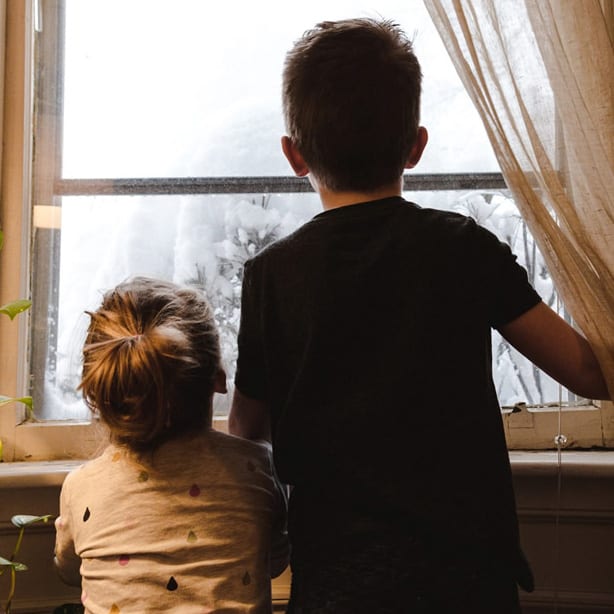September 18, 2020 Community Stories
“We Saved People’s Lives”
When COVID-19 paralyzed the Commonwealth in March, 14 children were among the families staying in the 33-bed shelter run by Womanshelter/Compañeras, an agency serving Greater Springfield residents affected by intimate partner violence. Calls for help and protection flooded its hotline.
Carmen Nieves, in her first year as executive director, saw few options. The organization’s sister agencies closed, her shelter was full, and her staff could no longer offer survivors bus tickets so relatives could harbor them in other states. Support groups—offered in three languages—couldn’t safely continue.

But Womanshelter/Compañeras refused to close its shelter. “What was I supposed to do with families fleeing abuse?” recalled Nieves.
Her staff kept calling and checking on women who were hiding in their cars, living with their abusers, or on the streets. The agency hired an extra cleaning crew, bought prepared meals, and purchased tablets since families couldn’t gather in its TV room. Early on, the shelter lacked masks and access to COVID tests.
With an emergency grant from the COVID-19 Response Fund, “We used the money for hotels and to be able to save peoples’ lives,” said Nieves. Typically, the agency spent $7,000 annually sheltering domestic violence victims in hotels; during the pandemic, those costs swelled to $15,000 per month.
Since hotel rooms were available only for essential workers, Nieves had to advocate at the highest levels of state government so hotels would take in survivors—many for two weeks or more. Fiercely protecting the confidentiality and safety of those fleeing violence, she went to hotels herself to book rooms.
The pandemic isn’t over, and Womanshelter/Compañeras bravely perseveres. But, Nieves said, “It’s because of the Community Foundation that we were able to take so many people in during that early period and into hotels…buying us time to be able to get them somewhere safe.”
